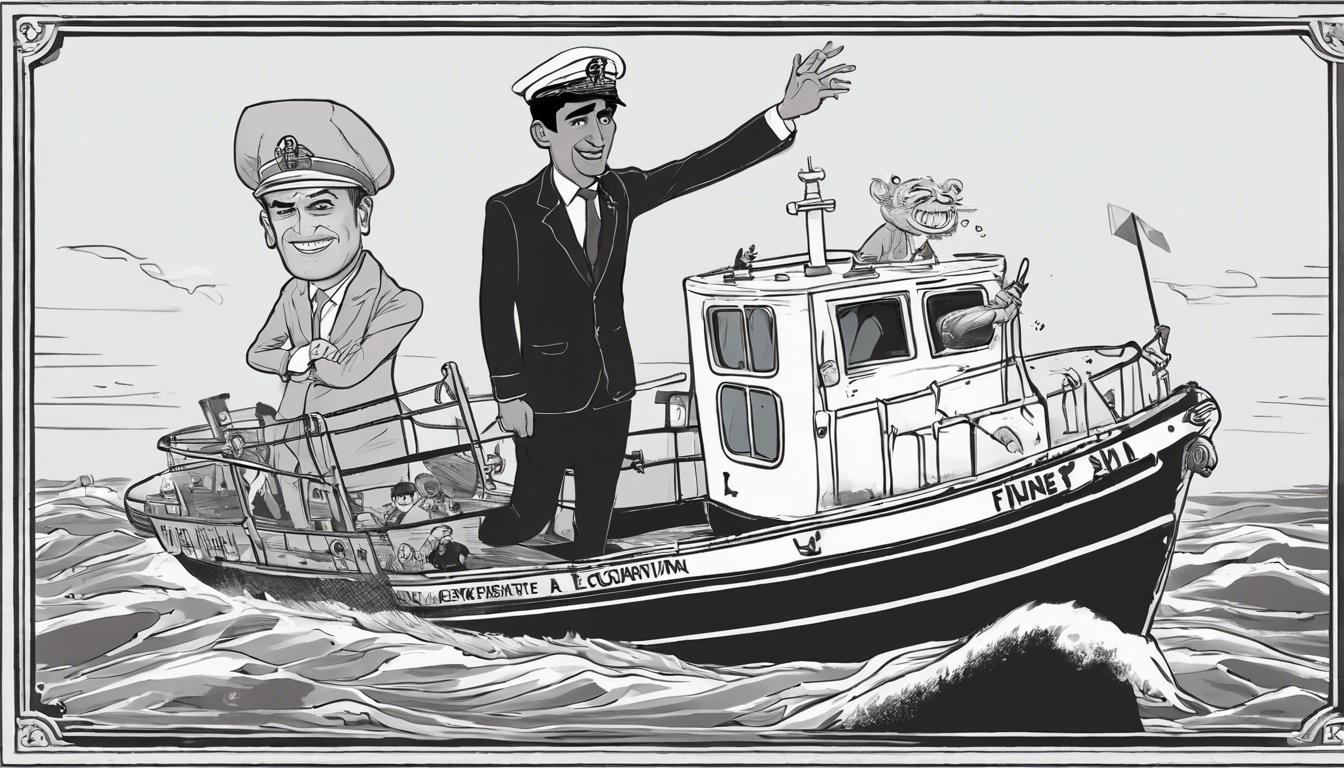As the UK debates the future of Prime Minister Rishi Sunak after a potential election defeat, Ireland embarks on a leadership race following Taoiseach Leo Varadkar’s sudden resignation. These developments signify notable changes in the political scenes of both nations amidst broader challenges.
In recent developments from the UK and Ireland, political landscapes are undergoing significant changes with discussions about leadership following electoral outcomes and unexpected resignations.
In the UK, amid speculations of a potential defeat for Prime Minister Rishi Sunak in the upcoming general election, there are debates around whether he should resign immediately if defeated. Contrary to typical expectations for defeated party leaders to step down, an argument is being made for Sunak to remain as the Conservative party leader. Citing a need for stability and continuity, it is suggested that Sunak staying on post-defeat could aid in a period of reflection and rebuilding for the party. Drawing parallels with past leaders who remained in charge after electoral losses, the proposition is that Sunak’s continued leadership could ensure a more strategic and unified approach to addressing post-Brexit challenges and internal divisions within the Conservative party.
In Ireland, the political scenario is shaped by Taoiseach Leo Varadkar’s sudden resignation and the initiation of a leadership race within his party, Fine Gael. Varadkar announced his decision to step down, citing personal and political reasons, including a belief that new leadership would better navigate the country’s future challenges. Despite some calls for an early general election following his resignation, the current coalition government, comprising Fianna Fail and the Green Party, has expressed its intention to complete its full term.
The focus is now on the contest to succeed Varadkar, with key figures like Minister Simon Harris, Justice Minister Helen McEntee, and others being considered as potential candidates. The leadership vote among eligible party members is scheduled for early April, with the new party leader expected to be announced by April 5, paving the way for the election of a new Taoiseach after the Easter recess. Varadkar’s decision to resign has attracted attention to the internal dynamics of Fine Gael and the broader implications for Ireland’s political future, amid ongoing challenges such as housing shortages, healthcare issues, and the impacts of Brexit and the COVID-19 pandemic.













